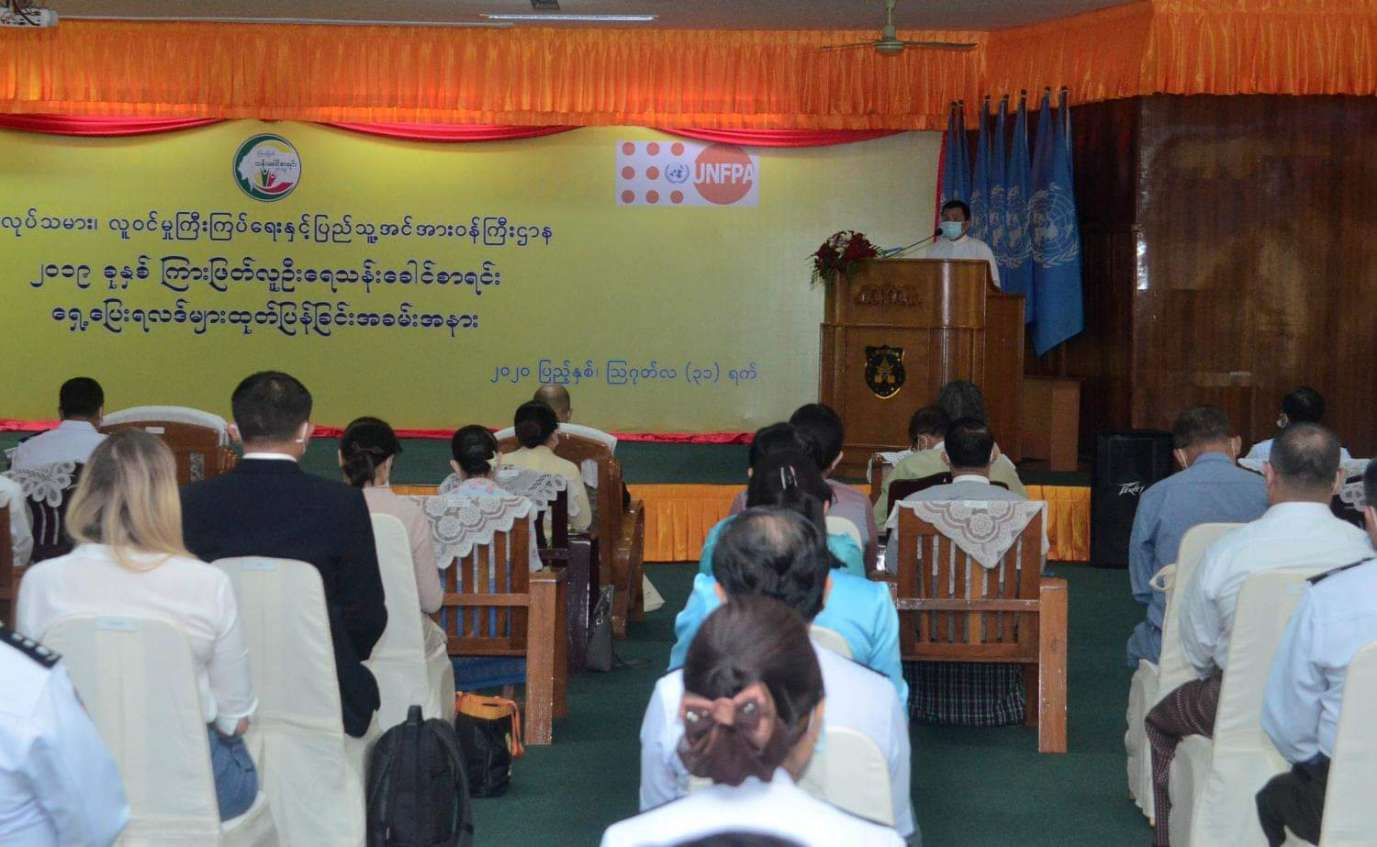
Non-medical withdrawals from a Health Savings Account (HSA) are possible, but they come with specific tax and penalty implications, depending on your age and the reason for the withdrawal.
Here are the details: 1. Before Age 65: Taxes: If you withdraw HSA funds for non-medical expenses before you turn 65, the amount withdrawn is subject to regular income tax.









Penalties: In addition to taxes, you will also incur a 20% penalty on the withdrawn amount.
Exception: There are some exceptions to the penalty, such as becoming disabled or using the funds after your death (when passed to beneficiaries).
2. After Age 65:
Taxes: Non-medical withdrawals after age 65 are treated like withdrawals from a traditional retirement account, such as a 401(k) or an IRA. The amount withdrawn is subject to regular income tax.
No Penalties: Once you are 65 or older, there is no 20% penalty for non-medical withdrawals.
Medical Expenses: Withdrawals for qualified medical expenses remain tax-free even after age 65.
Important Considerations:
Qualified Medical Expenses: Always check what counts as a qualified medical expense to avoid penalties and taxes. These typically include doctor visits, medications, dental, and vision care.
Investment Growth: Because HSA funds can be invested and grow over time, using them for non-medical expenses should be carefully considered, as it can reduce funds available for future healthcare costs.
An HSA can double as a retirement account, especially after age 65, when non-medical withdrawals lose their penalty but remain subject to income taxes.

Leave a Reply